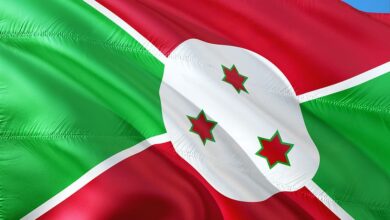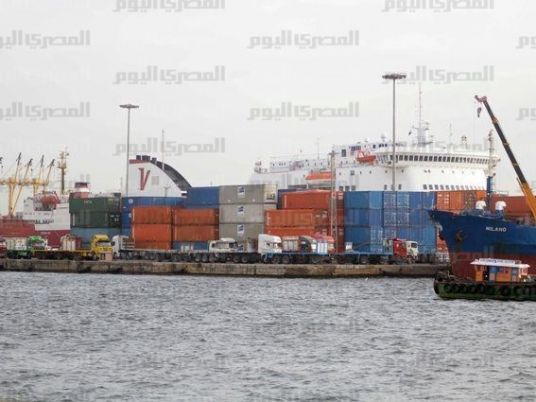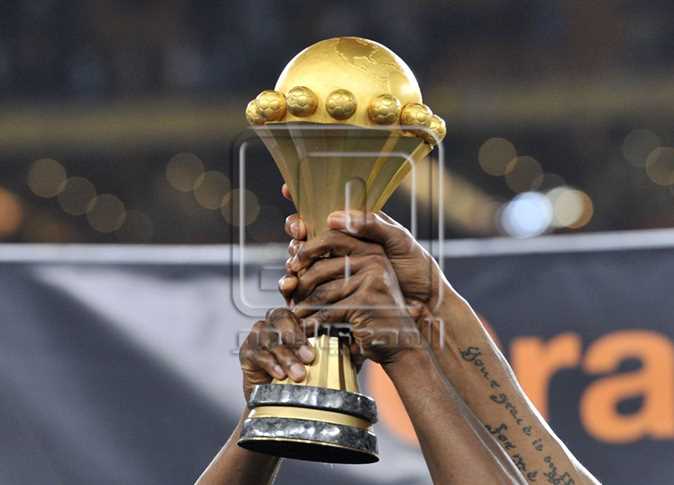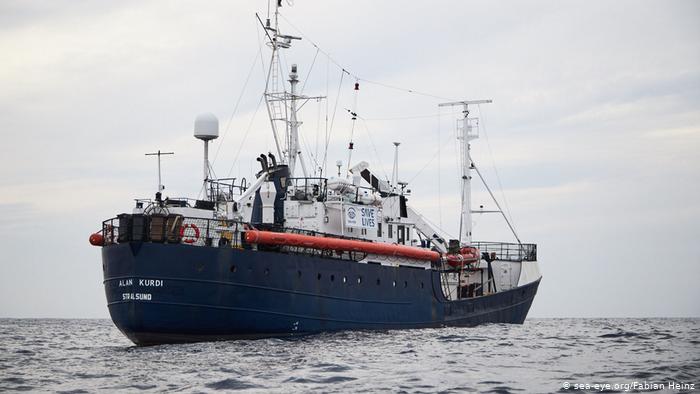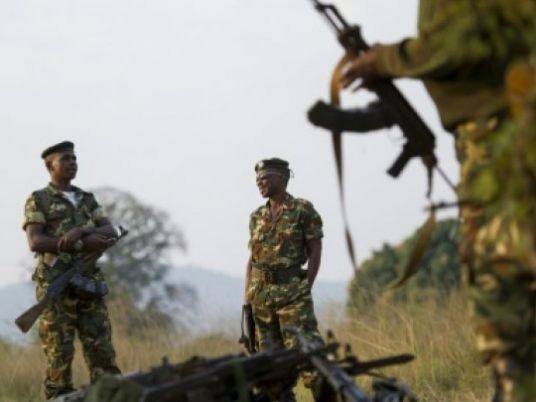
A policeman and an opposition member died in clashes marring the start of Burundi's presidential elections, already hit by opposition boycotts and protests over President Pierre Nkurunziza's decision to run for a third term.
Blasts and gunfire echoed around the capital early on Tuesday in a nation grappling with its worst crisis since a civil war ended in 2005. It has faced weeks of demonstrations, a failed coup and clashes between rebel soldiers and the army.
Voting began in rural areas and dozens queued to cast ballots in areas of Bujumbura that are strongholds of Nkurunziza supporters. But there were only trickles of voters in other districts and some polling stations stayed closed after the official 6 a.m. start.
Opponents accuse Nkurunziza of violating the constitution by seeking another five years in office. Western donors and African states, worried about tensions in a region with a history of ethnic conflict, urged Burundi to postpone the poll.
Nkurunziza, almost sure to win given the opposition boycott, cites a court ruling saying he can run again. The government said they had already delayed the vote as long as they could and promised a fair poll.
Presidential adviser Willy Nyamitwe blamed opponents and those behind protests for overnight violence, saying a policeman and civilian were killed. "People do it to intimidate voters. They don't want the voters to go to the polls," he told Reuters.
Residents in Nyakabiga district, where the civilian's body was discovered, identified the man as a member of opposition MSD party and accused the government of killing him. A police source confirmed the killed man was part of the opposition.
"We see the shooting last night as a kind of intimidation," said 32-year-old Desire Kabaya in Nyakabiga.
Nearby, angry residents blocked one of the main Nyakabiga roads with stones. A group of women chanted "we need justice and truth" near the body before the Red Cross took it away.
Nkurunziza cycled to a polling station in his northern home village of Buye and queued to cast his ballot, before pedalling off. Onlookers applauded.
Ferdinand, a 40-year-old voter in Bujumbura, said he would vote for Nkurunziza, a football fan who is often pictured rolling up his sleeves to work with people in the fields, because he had "a good programme of development for ordinary citizens."
"We need change. We need new blood," said Wilson, a mechanic in Bujumbura who did not give his full name. He added that he would not vote because Nkurunziza's rivals were not running.
In a statement shortly before voting began, UN Secretary General Ban Ki-moon called for dialogue to resolve the crisis and urged the government to ensure security.
Weeks of talks between the government and opponents failed to broker a deal and broke off at the weekend.
Opponents say the president's re-election bid is undermining a peace deal that ended a civil war that pitted rebel groups of the ethnic Hutu majority, including one led by Nkurunziza, against the army, led at the time by the Tutsi minority.
The tension worries neighbouring Rwanda, which has the same ethnic mix and suffered a genocide in 1994 that killed 800,000, mostly Tutsis as well as moderate Hutus.
"The outcome of these elections will be void," Jean Minani, one of the opposition presidential candidates, said before the vote, speaking with other candidates joining the boycott.
Burundi's electoral commission said opposition names were still on the ballot paper and any votes for them would be counted.

